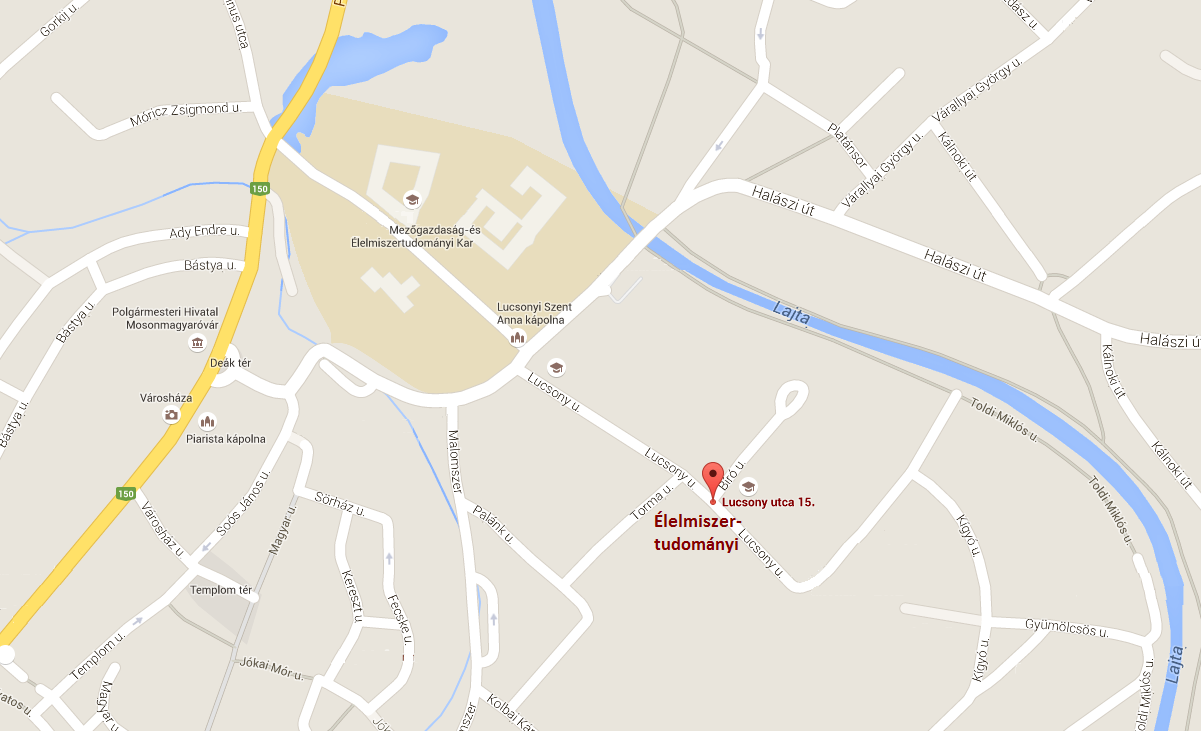JOINT AMBROSIA ACTION (JAA)

The mugwort ragweed (Ambrosia artemisiifolia), also known as ragweed, is an annual "weed" from the daisy family. Ragweed prefers to settle on roadsides and roadsides, on fields and farmland, on construction sites, rubble dumps and fallow land. Its seeds are extreme viable and its pollen is one of the strongest allergy triggers. Due to global warming, both the number of people affected and the severity of the symptoms are increasing sharply.
As part of the INTERREG project "Joint Ambrosia Action", the recording and containment of ragweed is to be worked out and organized across borders.
The pollen of ragweed are known to be particularly aggressive allergens and cause a tremendous economic loss each year. Whereas Hungary has already been affected for a long time and thereby successfully established control measures both in organizational and legal terms, the plant has in Austria increasingly spread only in the last years. Since the spread takes place via Eastern neighboring countries, the province of Burgenland is particularly strongly affected. However, on the Austrian side exists at the moment neither a regulated procedure for detection and control of ragweed, nor any collaboration with Hungarian authorities. This imbalance of capacity for action of administrative systems constitutes a major challenge for the border region. As ragweed does not stop at the border, this problem can only be combated by acting together.
The project has set the objective of establishing a sustainable institutional cooperation on the issue of ragweed control between relevant Austrian and Hungarian actors. This enables a know-how transfer that benefits both sides and improves the quality of public service and thereby also life quality of the population.
In the framework of the survey and research, fundamental data will be collected on the basis of which coordinated recommendations can be made in order to control and to prevent the spread. A cross-border data exchange is first made possible by establishing a common ragweed reporting system. The establishment of a bilateral ragweed task force with experts of both countries lays the foundations for a long-lasting institutional cooperation.
Period: 01.01.2017. – 31.12.2019.
Funding: European Regional Development Fund (85%) + NDA (15%)
Hungarian project leader: Dr. Vér András PhD, senior research fellow, ver.andras@sze.hu
More information about the project: https://www.interreg-athu.eu/jointambrosiaaction/

